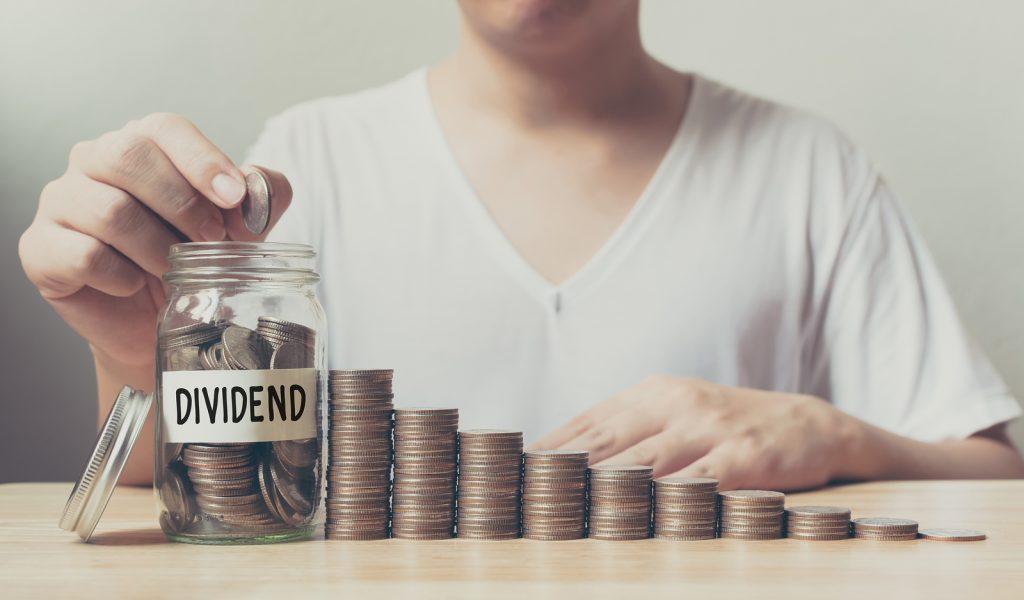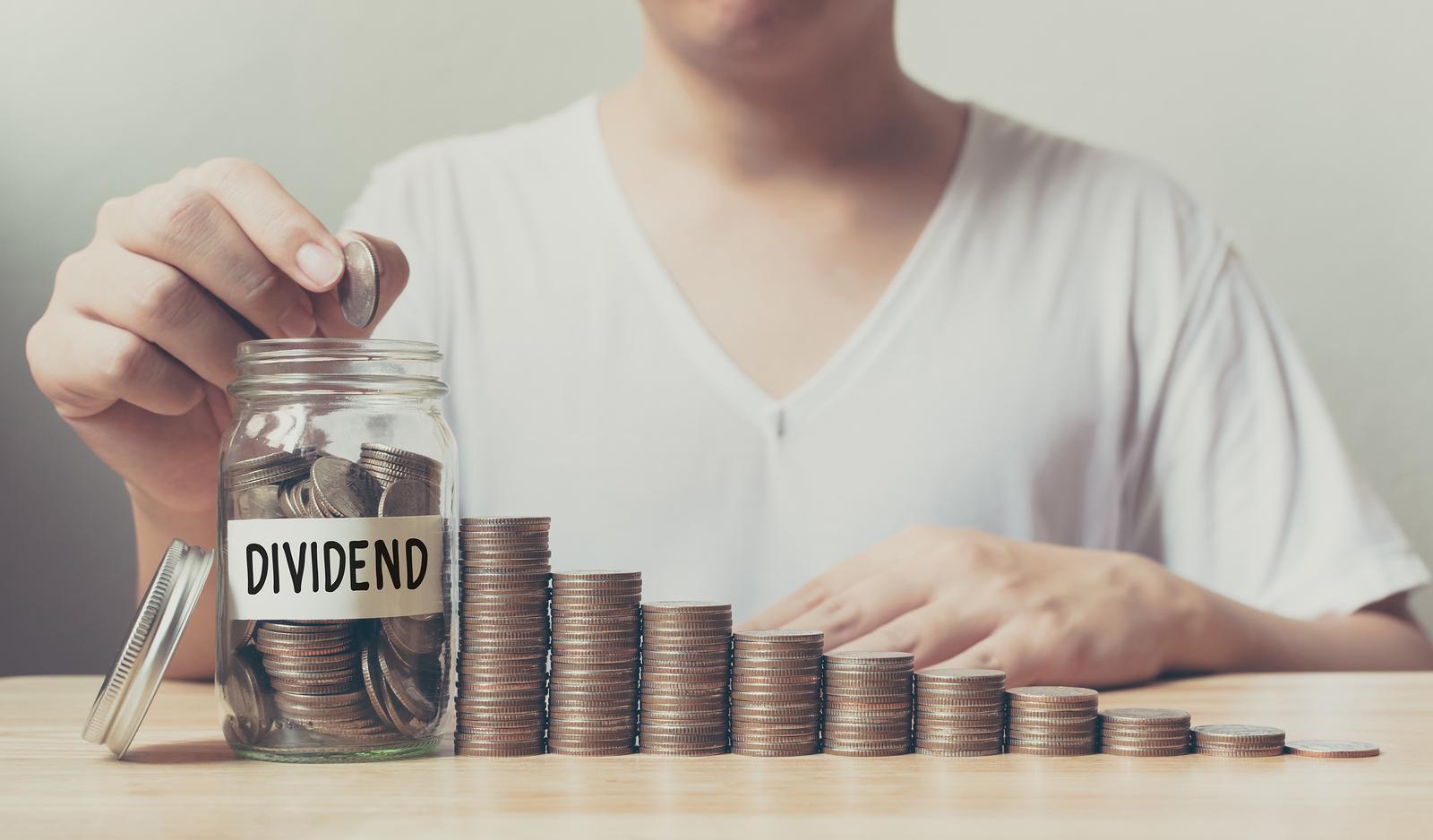Last week, Philip Hammond announced a series of changes to tax and National Insurance as part of the Spring Budget, many of which were met with anger. One of them was the £2.6bn dividend tax which is expected to affect over 2 million people.
The tax will mean that some people will have to pay several hundred pounds more every year on their dividend income. The government has said that the changes would reduce the tax differential  between the self-employed and employed as well as raising revenue for public services.
between the self-employed and employed as well as raising revenue for public services.
The tax-free dividend allowance is getting cut from £5,000 to £2,000 in April next year. This means that people who earn more than £2,000 a year will have to start paying tax.
The government has estimated that these tax changes will generate around £800m-£900m a year. People will have to pay an extra £315 in tax a year on average and it’s expected to affect more men than women. However, the government has said that 80% of investors would still be paying no dividend tax. Those with investments up to £50,000 should be safe from the new tax.
The rise of ISAs
It’s expected that many will start preparing for these changes next year by looking into ISAs. People will be able to minimise their bill by maximising their ISA allowances which will remain tax-free. In the new tax year, the total amount that you can save in ISAs will increase from £15,240 to £20,000.
“The first step for anyone who might be affected is to make sure they are putting as much as they can in ISAs and pensions, which, next tax year, is £20,000 for ISAs and up to £40,000 for pensions,” says Tom Selby at stockbroker AJ Bell.
“Not only that, it makes sense to ensure that their higher dividend-paying investments are moved into these products before investments that are more focused on capital growth. This will ensure they can minimise the cut to the dividend allowance as much as possible.”
Chief executive of stockbroker The Share Centre, Richard Stone said that people should make the most of ISAs: “Investors should therefore continue to use tax-efficient accounts such as the Isa for their savings and investments to ensure that tax payable on any income or gains is minimised.”
Will you be affected by the dividend tax? What are your plans for dealing with this extra expense? Leave your thoughts in the comments section.





Leave a Reply